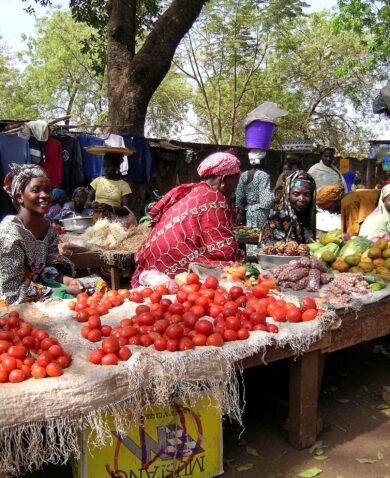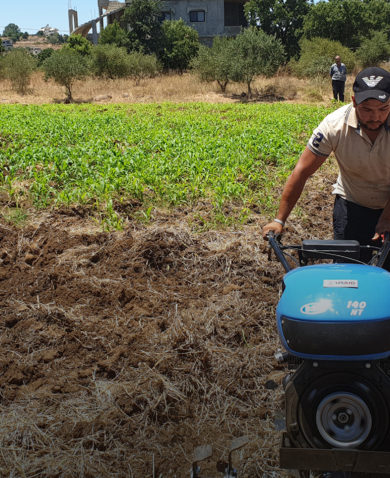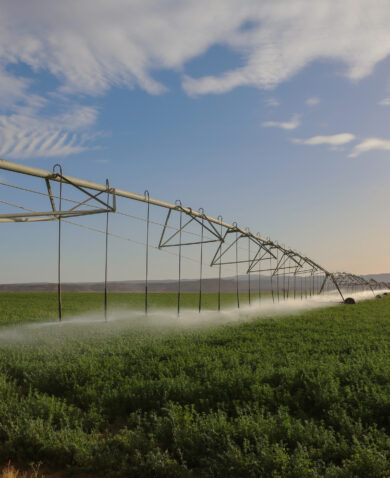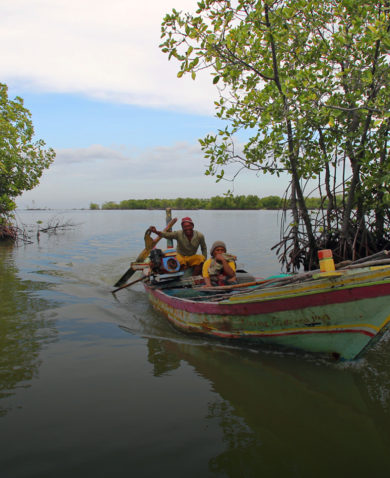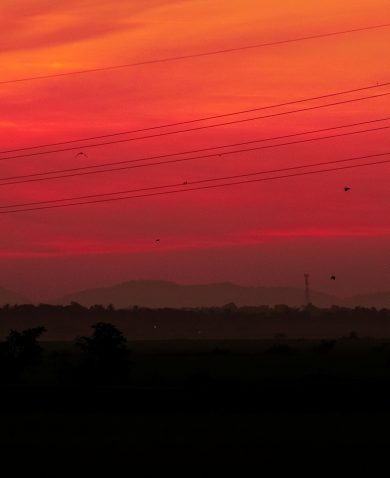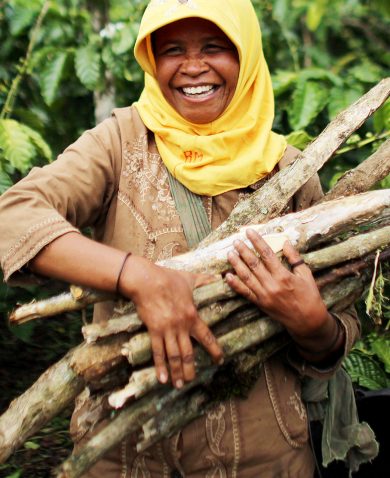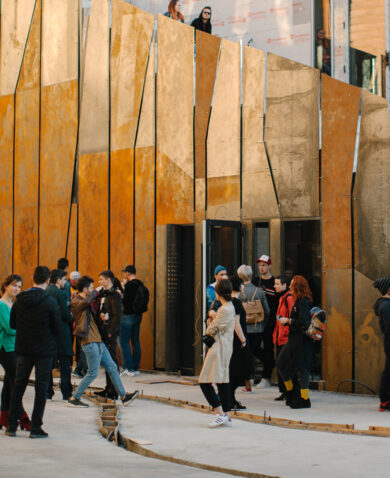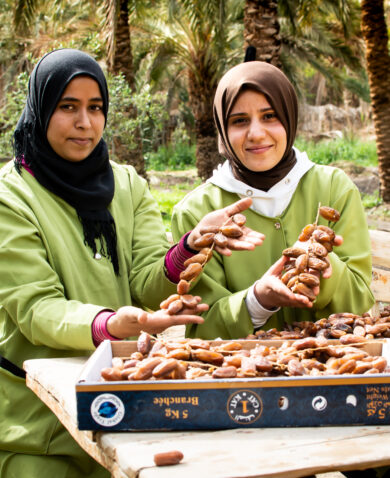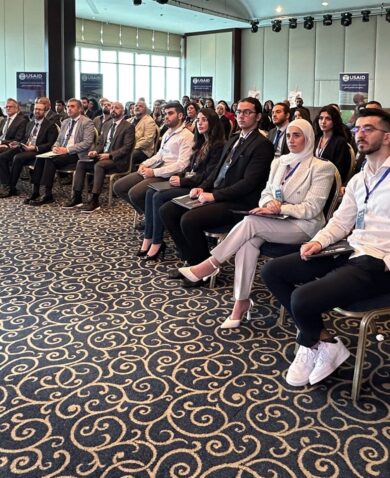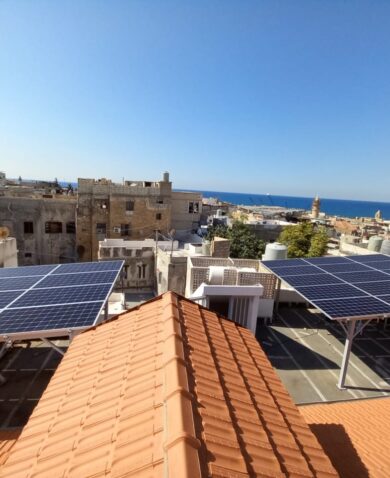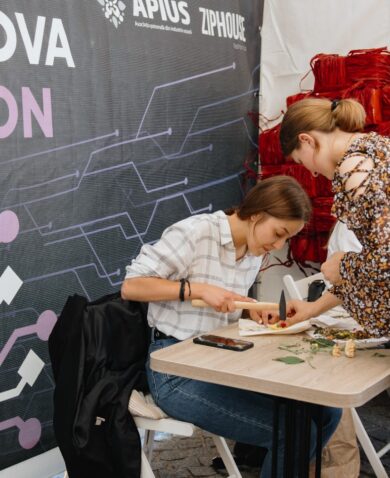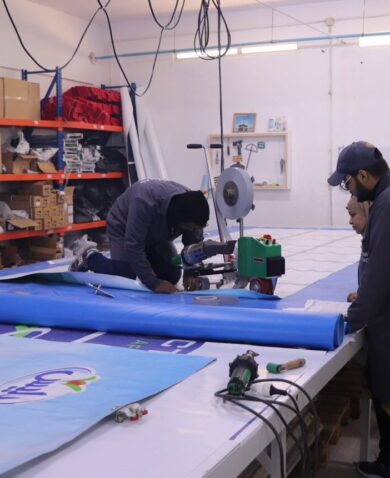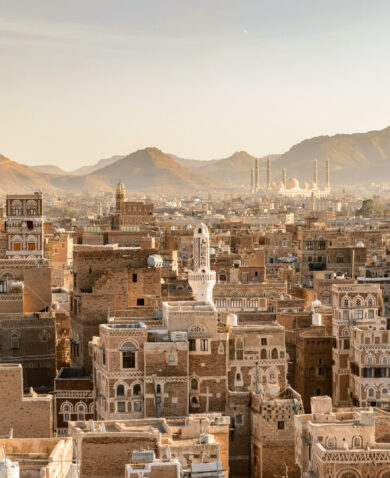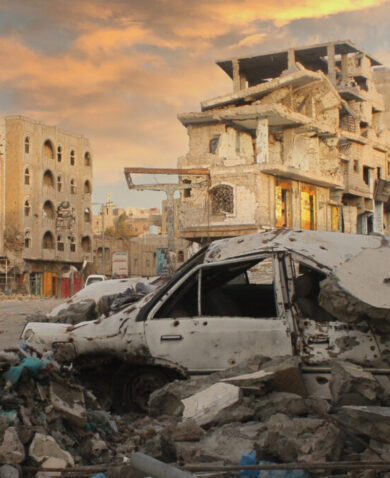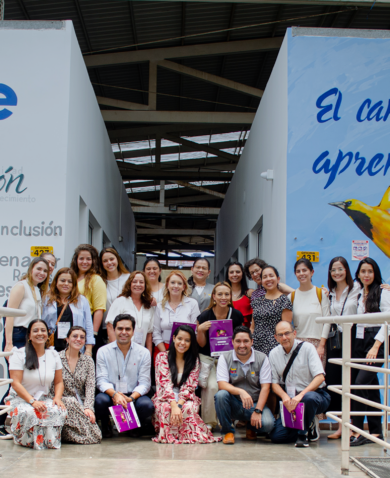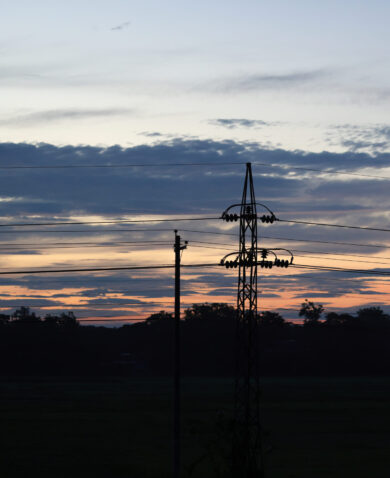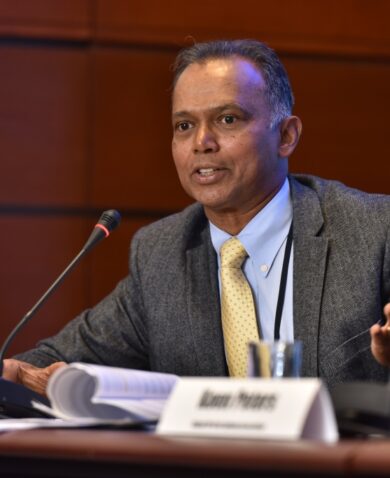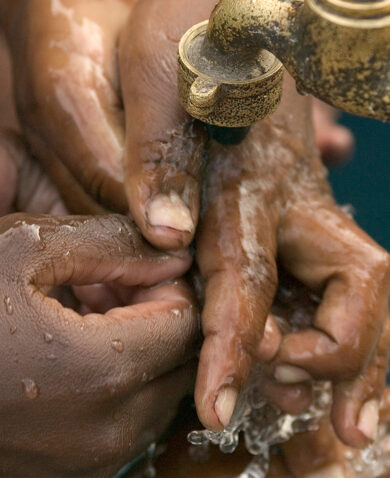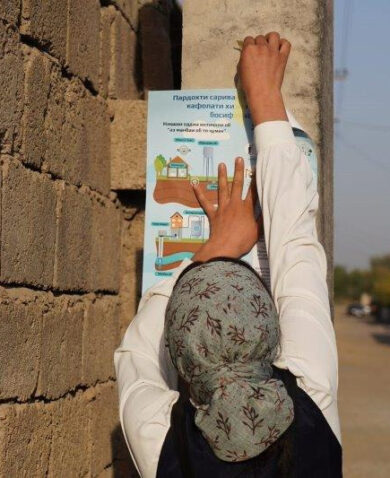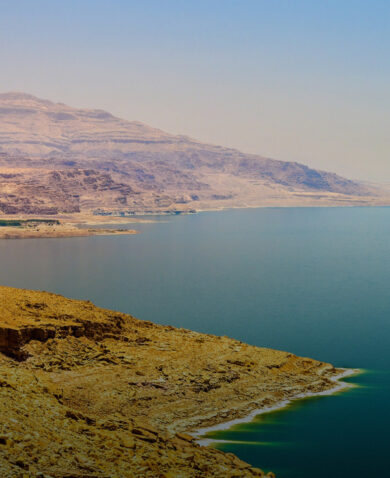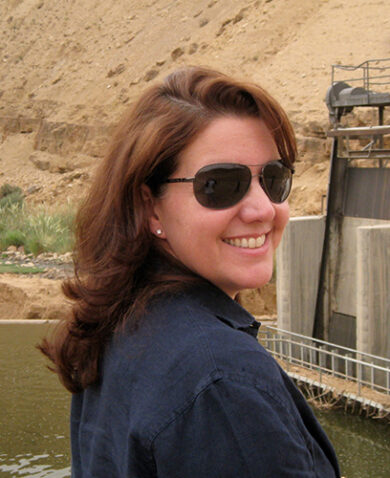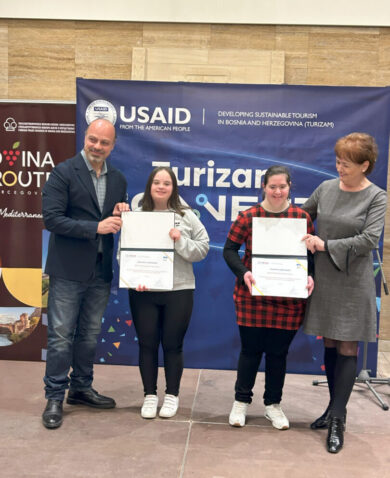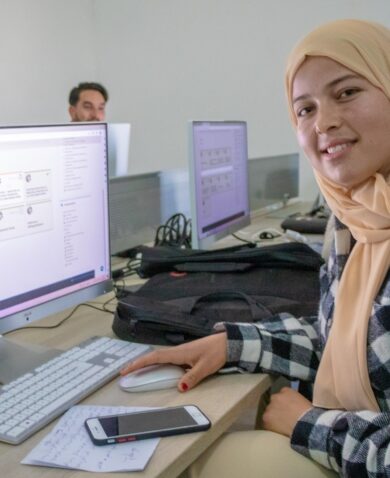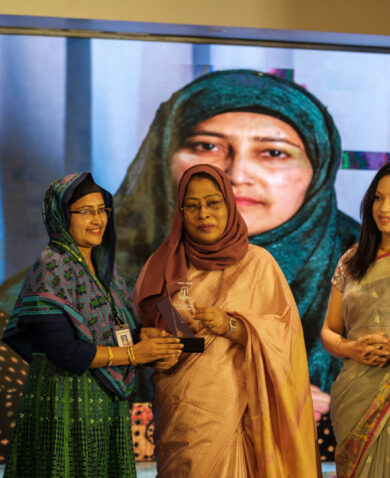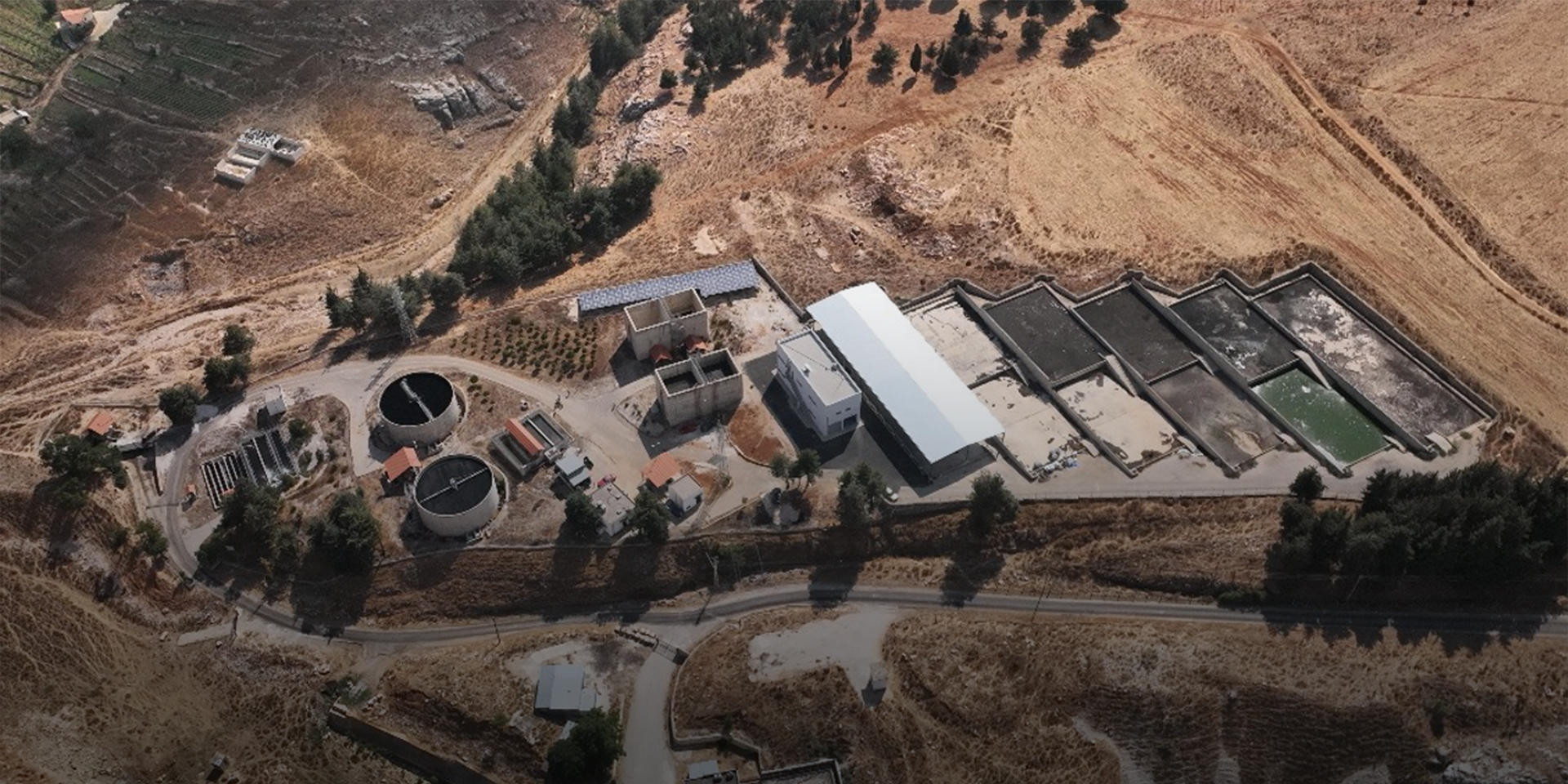
Rehabilitating and Sustaining Lebanon’s Wastewater Treatment Plants .
April 29, 2024Lebanon’s wastewater treatment plants have suffered greatly since the onset of the 2019 financial crisis. USAID’s Community Support Program is rehabilitating one of these plants with an eye toward long-term sustainability.
“Untreated wastewater represents the greatest threat to our environment today…It is the main and most significant cause for the pollution of groundwater, wells, rivers, and even the sea,” warns Khalil Azar, head of pumping stations and projects for the Beqaa Water Establishment (BWE) in eastern Lebanon.
Aaitanit Wastewater Treatment Plant, located in Lebanon’s Beqaa Valley and operated by the Union of Buhaira Municipalities, treats 5,000 cubic meters of wastewater per day and benefits four municipalities with 27,000 total residents. Originally built with USAID funding between 2007 and 2009, the BWE was not able to operate and maintain the facility after it was built due to a lack of technical and financial resources, prompting the four benefiting municipalities to assume these responsibilities. However, the facility continued to deteriorate due to the inability of the municipalities to dedicate sufficient technical and financial resources to the service amid other pressing needs. The severe financial crisis that Lebanon has experienced since October 2019 further exacerbated these issues.
Driven by long-term financial mismanagement, Lebanon’s currency has been devalued by more than 95%, drastically reducing the government’s ability to provide essential services to its residents. The financial crisis worsened the long-standing issue of public electricity shortages, which then impacted the public water/wastewater sector due to its total reliance on electricity to deliver its services. Lebanon’s Regional Water Establishments are unable to operate and maintain wastewater pumping stations and treatment plants, resulting in raw sewage bypassing the treatment facilities and contaminating valleys, rivers, aquifers, and the coast. The financial crisis also resulted in a drastic reduction of water tariff collection due to widespread poverty, while the value of collections also plummeted because of the currency devaluation.
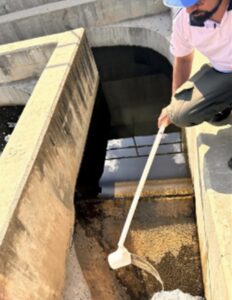
In response, USAID — through the Lebanon Community Support Program (CSP) implemented by Chemonics — rehabilitated and upgraded the Aaitanit Wastewater Treatment Plant, while charting a novel approach to promote its long-term sustainability. According to engineer Yehya Daher, head of the Union of Buhaira Municipalities, “the wastewater treatment plant in Aaitanit is a vital lifeline for surrounding villages. Due to the compounded crises in Lebanon, the plant faced several challenges, most notably sludge management and maintenance. This massive upgrade to the wastewater treatment facility contributed to reducing pollution in the Litani River and Qaraoun Lake.”
Ensuring Sustainability Through Training
CSP completed the $1.5 million rehabilitation project in September 2023, which included installing new pumps and electro-mechanical systems and upgrades to its sludge management through the construction of a new building for sludge thickening and dewatering equipment. The initiative also involved providing training on the new equipment and processes to dedicated technicians from the Union of Buhaira Municipalities and the BWE. In parallel, given the extent of the financial crisis, CSP is supporting operational and maintenance costs for the treatment plant for at least one year. This funding provides for fuel, spare parts, operation personnel, and sludge handling, as well as additional technician training.
“Through the CSP activity, and to ensure the sustainability of this project, USAID is training us — the wastewater plant staff along with the employees of the Beqaa Water Establishment — on best practices for managing sludge…and on the proper and safe operation and maintenance of the plant’s equipment and laboratory,” says Hassan Youssef, chief of operations and maintenance at Aaitanit.
CSP has trained more than 10 technicians from the Union of Buhaira Municipalities and BWE in the testing and commissioning of the newly installed equipment and treatment systems. In addition, the suppliers’ and manufacturers’ representatives provided specialized training on the new equipment. The technicians will also receive one year of on-the-job training through CSP’s sustained support of the facility’s operations and maintenance.
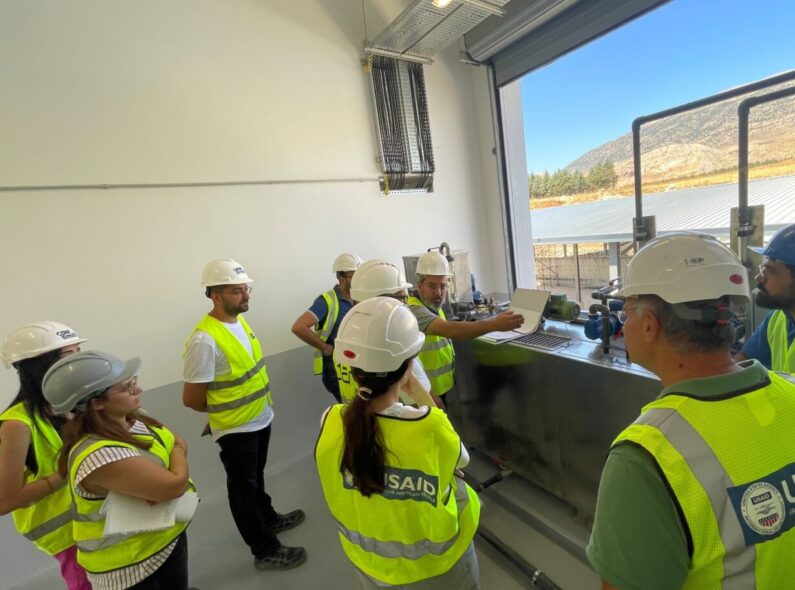
Developing A First-of-its-Kind Public-Public Partnership
Concurrently, CSP developed a public-public partnership agreement between BWE and benefiting municipalities to formalize and legalize the relationship between these public sector entities. The agreement, which is the first of its kind in Lebanon’s wastewater sector, delegates responsibilities for tariff collection from the BWE to the municipalities, providing a portion of fees to the municipalities for performing the tariff collection. Seventy percent of the revenue supports the municipalities’ management of the plant’s operations and maintenance with oversight by the BWE, while the remaining 30% goes to the BWE to provide potable water services to the community. This allocation is expected to provide the financial resources needed to adequately operate and maintain the facility based on CSP’s firsthand experience managing the current one-year contract for operations and maintenance. CSP also envisions that delegating tariff collection to the municipalities will significantly increase collection rates due to the relationship between municipalities and their constituents, hence generating more revenue to support the facility.
For Al Qaraoun resident Siham Kharfan, “This collaboration between USAID, Al Buhaira Union of Municipalities, the Beqaa Water Establishment, and local communities is a testament to… sustainable investment for Lebanon’s future.”
The partnership facilitated by CSP between multiple communities in Lebanon and the regional water establishment highlights a dynamic, flexible, and participatory approach to water sector governance that promotes sustainability while also safeguarding public health and the environment. Most importantly, this partnership resulted in the rehabilitation — and successful maintenance — of the Aaitanit facility, one of a handful of wastewater treatment plants in Lebanon that mitigate wastewater pollution throughout the country.
Banner image caption: Aerial view of the Aaitanit Wastewater Treatment Plant in Lebanon. The photo was taken by the USAID Lebanon Community Support Program implemented by Chemonics.





